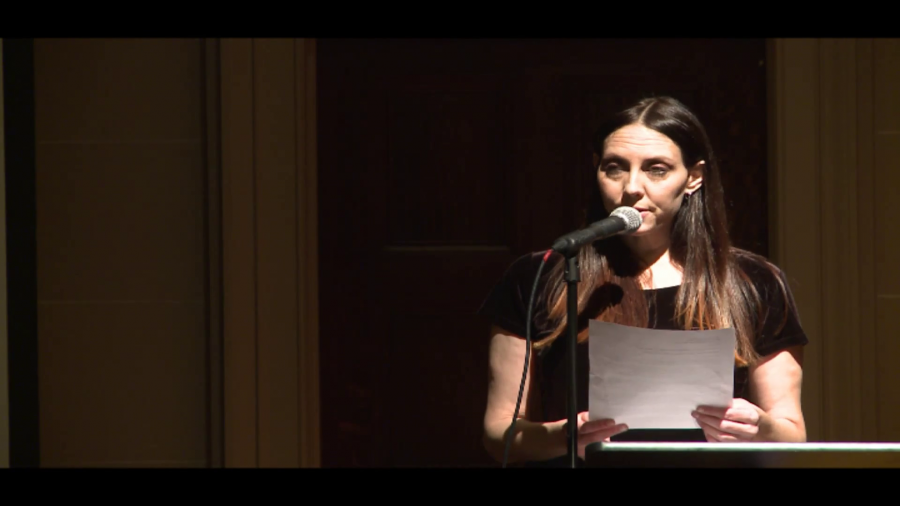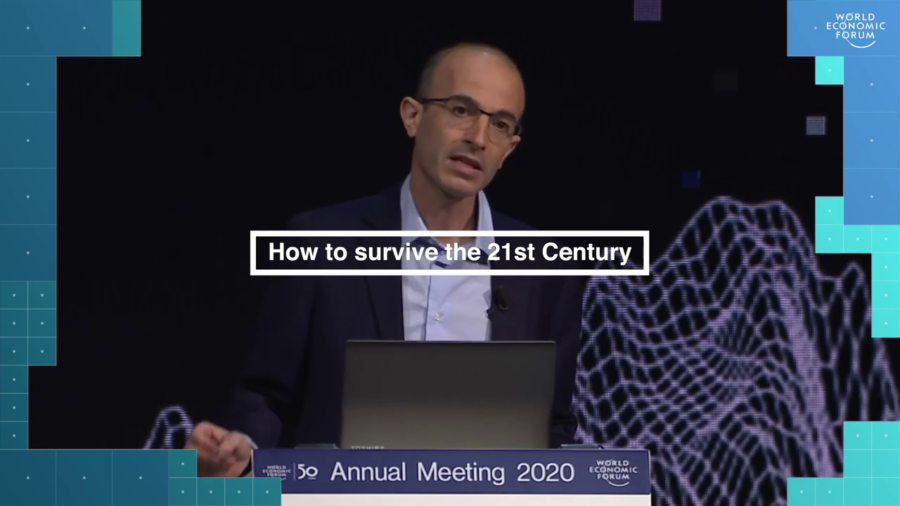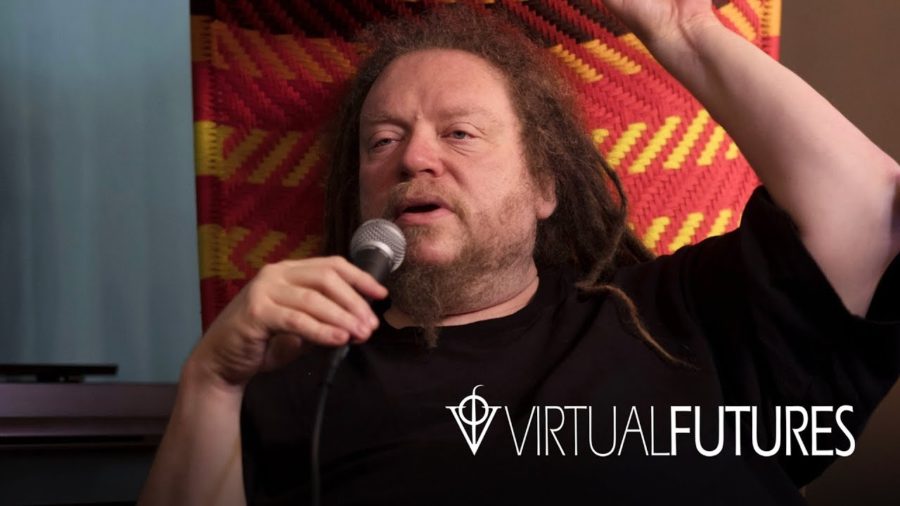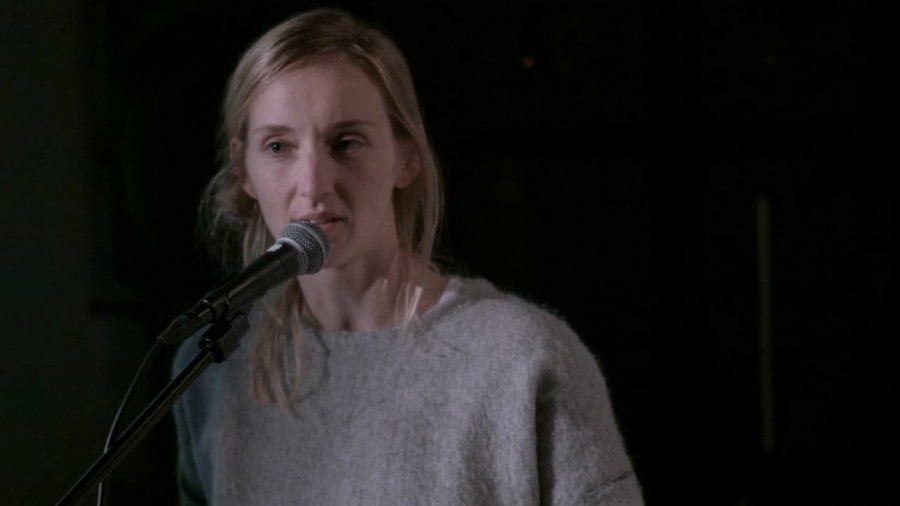Of all the different issues we face, three problems pose existential challenges to our species. These three existential challenges are nuclear war, ecological collapse, and technological disruption. We should focus on them.
Archive
We all know there’s a computer revolution. But very few people are asking whether it’s a right-wing revolution or a left-wing revolution. In fact this revolution is unlike most earlier ones because all facets of the body politic are in general agreement. They all think it’s good.
In 1962, the Food and Drug Administration approved the birth control pill. I would submit that that’s one of the four or five most transformative technological changes of the last millennium. Not just the last century. Because for the first time in the history of the world, half the people on Earth no longer have to depend on the other half for the arc of their lives.
I think the saddest thing is if you ever stop wanting to learn new things. And it can be about anything. That’s just really heartbreaking. I don’t know. It’s just so much part of like who you are as a human to learn new things constantly. And so to not be curious, not want to learn new things and not create new patterns and connections…you’re pretty much giving up your human self.

Consider the paradox that technology has provided for us. We seem more diverse and open as a society, but isn’t it also the case that we are more homogeneous and insecure than we ever have been in the last century or so?

Almost a year ago, I put my heartbeat online, and along with my heartbeat an accounting of all the days I’ve lived, and the days I statistically have yet to live, along with my average heartbeat for each day. So I was playing with the idea of privacy. Here’s this very intimate measure, in a way. But I’m not worried about sharing it because there’s not much you can learn about me from my heart rate.



